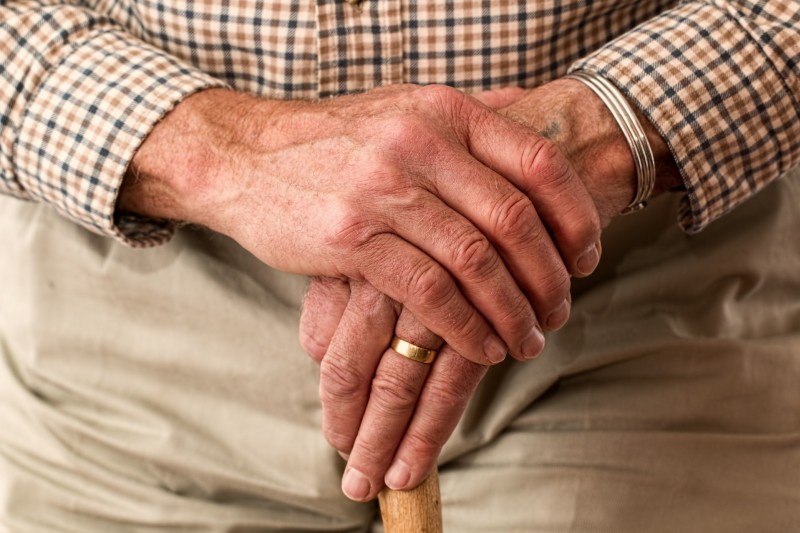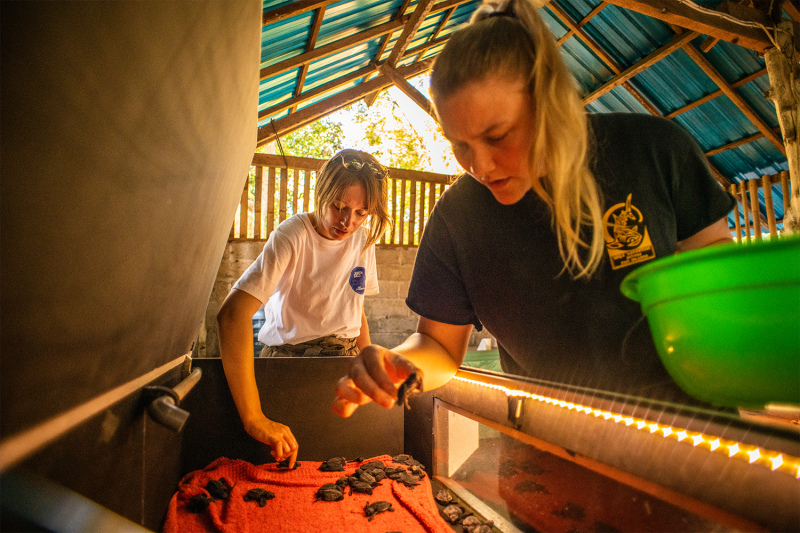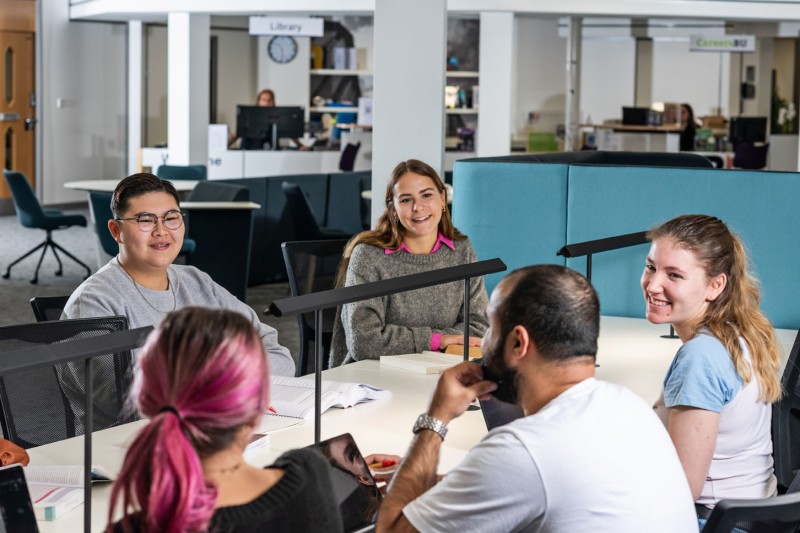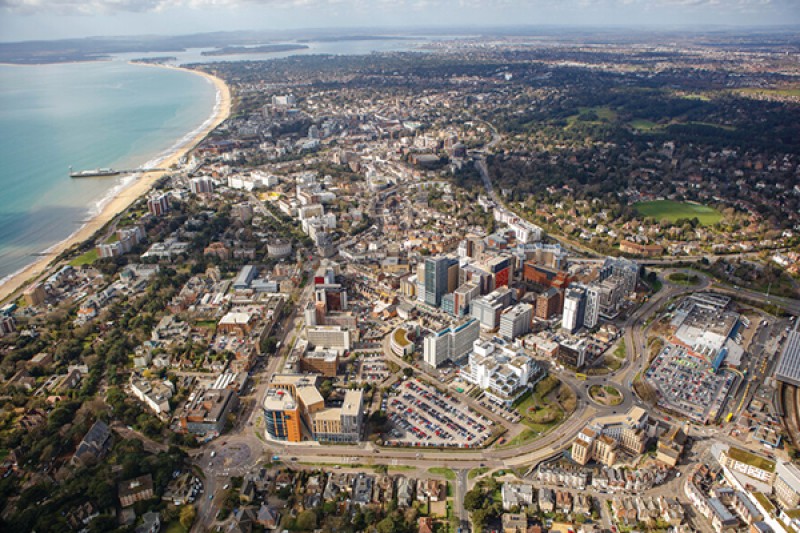Bournemouth University (BU) academics have provided evidence to the government that the COVID-19 crisis and resulting measures risk making elderly people lonely and malnourished.

Professor Jane Murphy is an expert in malnutrition among elderly people and provided evidence to the government that the COVID-19 policies of social distancing put elderly people at an increased risk of malnutrition. Malnutrition is already a big issue – affecting 1.3 million people over 65 in the UK – which has serious consequences for health and quality of life among the elderly. Social isolation is known to increase the risk of malnutrition and often causes a loss of appetite and reduced food intake.
Professor Lee-Ann Fenge believes that the COVID-19 crisis is causing increasing isolation among older people. Professor Fenge has conducted research in safeguarding older people, is research lead at BU’s National Centre for Post-Qualifying Social Work (NCPQSW) and is an expert on marginalised groups and seldom heard voices. Many older people who would normally socialise through clubs and community groups are now isolated by guidance requiring them to limit contact with other people which will undermine their health and wellbeing. Additionally, isolated elderly people are more vulnerable to financial scams – something the NCPQSW has researched extensively.
Both Professor Fenge and Professor Murphy submitted evidence to the government about the effect of COVDI-19 on isolated groups as part of the All Party Parliamentary Group on Social Integration’s call for evidence about the effects of COVID-19. Both professors arguments are that COVID-19 not only increases the risk of loneliness, mental health issues and malnutrition in older people who were already isolated prior to the pandemic but that it will also cause previously socially connected elderly people to becomes isolated too – and at risk of all those problems associated with social isolation.
Professor Murphy said: “These unprecedented times mean we can no longer afford to ignore malnutrition. Given the current crisis and growing numbers of older people at risk in the community, we need to become much smarter at identifying those at risk earlier and recognising symptoms early.
“We are working together with the public and community organisations to raise awareness but it is only through our collective efforts that we will be able to tackle this increasing public health problem to reach and support such socially-isolated disadvantaged groups.”
Managing the care of a malnourished person is more complicated and can be twice as expensive as a non-malnourished person because of the healthcare resources required. Research by Professor Murphy is reducing malnutrition – saving the NHS money and helping older people live better lives for longer. Her research led to the development of a tool to identify people at risk and provide advice and guidance for them. Professor Murphy also works with national organisations like the Malnutrition Task Force and Age UK to support people to eat more nutritious food and raise awareness of the issue.
The NCPQSW has also been supporting national efforts to protect elderly and isolated people by creating COVID-19 specific scam prevention guidance, based on extensive research conducted by the Centre.
As well as contributing to All Party Parliamentary Groups, academics from across BU have shared their expertise through Parliament's Covid-19 Expert Database - you can read the findings as they are published here.



